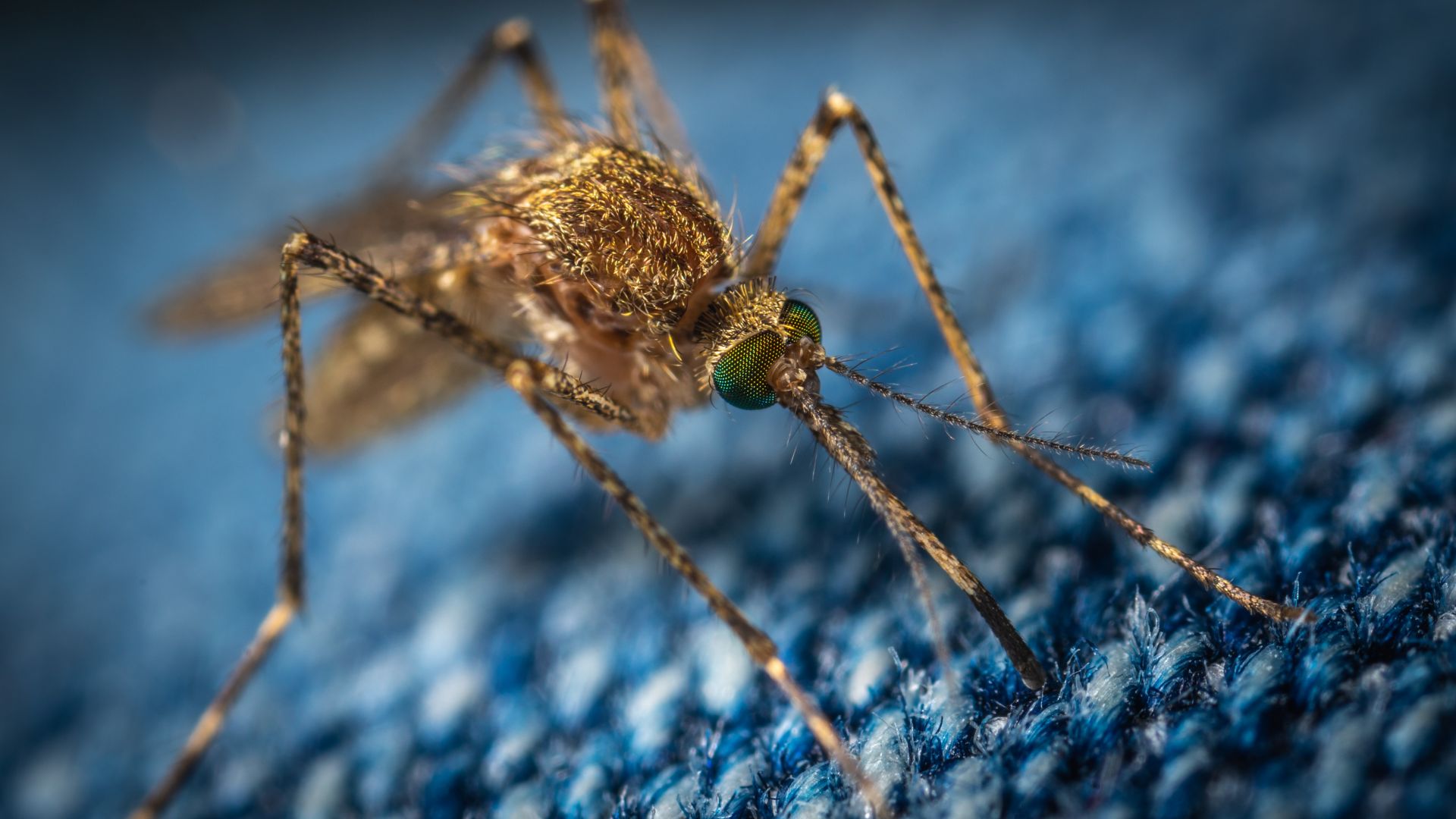Media Releases
JCU to shore up Pacific disease defence

James Cook University researchers are on a mission to strengthen Pacific island defences against mosquito-borne viruses as the region sees huge increases in diseases spread by the insect.
Professor Tom Burkot and Senior Research Fellow Tanya Russell from JCU’s Australian Institute of Tropical Health and Medicine (AITHM) will lead a group of scientists from 12 institutions. He said the program has been funded by a $5.1 million grant over three years from the Australian Government.
“We’ll be working with up to a dozen Pacific island countries. The main focus will be on the Aedes mosquitos, which carry the dengue, zika and chikungunya viruses,” Professor Burkot said.
Outbreaks of these kinds of diseases have increased in frequency, scale and impact in Pacific island nations.
There have been 18 dengue, seven chikungunya and three zika outbreaks affecting 120,000 people in the Pacific from 2012 to 2014. In the Western Pacific Region, dengue cases more than doubled from 2008 to over 460,000 cases in 2014.
Part of the challenge is that the geographic distribution of the Ae. aegypti and Ae. albopictus mosquitoes, which are the primary vectors, is increasing.
Professor Burkot said the team’s first goal is to assess Pacific island nations’ capacity to deal with vector-borne diseases such as those spread by mosquitoes.
“After we know precisely what we’re dealing with, we’ll be working to bring the countries involved up to best practice level, if they aren’t there already. We’ll be using an online tool to make the initial assessments and then track ongoing changes in their capacity,” he said.
Professor Burkot said the program was not a quick-fix, but designed from the start to bring a long-term solution to the problem.
“The program will be sustainable and actionable immediately. What we’re looking to build are practical and actionable country-specific strategic plans to enable effective responses and control to contain outbreaks,” he said.
“The goal is to help countries become more proactive to vector borne disease threats using recommended strategies adapted to local ecologies.”
Dr Tanya Russell from AITHM will be the Project Manager for the mission, responsible for day-to-day operations.
“Many nations in the Pacific are underprepared and lack the necessary supplies and equipment and could benefit from new approaches to controlling mosquitoes,” she said.
Dr Russell said this is due to a lack of up-to-date strategic planning and leads to inadequate control of outbreaks and unnecessary suffering.
“The ultimate beneficiaries of the project will be the people of the countries involved, particularly women and children as they are the most vulnerable to outbreaks,” she said.
Professor Tom Burkot
E: tom.burkot@jcu.edu.au
Dr Tanya Russell
E: tanya.russell@jcu.edu.au